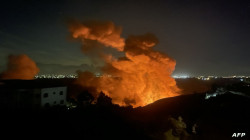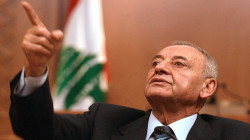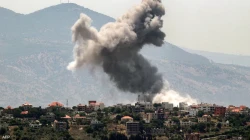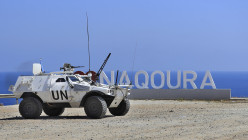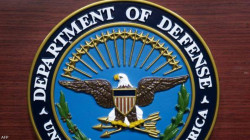Lebanese Parliament Speaker: US ceasefire plan fails
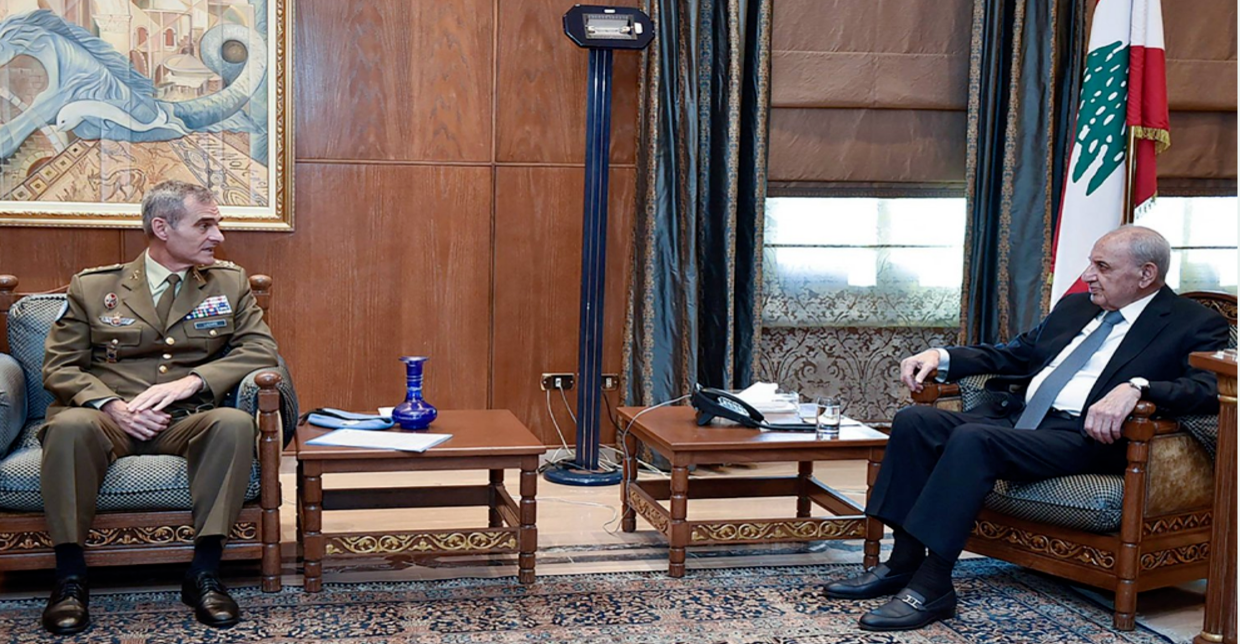
Shafaq News/ On Saturday, Lebanese Parliament Speaker Nabih Berri stated that a recent US-mediated ceasefire initiative to resolve hostilities in Lebanon has failed, with political negotiations postponed until after the US elections.
Berri told Asharq Al-Awsat Newspaper that Israeli Prime Minister Benjamin Netanyahu rejected a “Lebanese roadmap” that had been agreed upon with US envoy Amos Hochstein. He also noted that “Hochstein has not reached out to us since he left Tel Aviv [Last Thursday],” implying the talks yielded little progress on Israel’s end.
“This leaves Lebanon’s situation dependent on developments in the field,” Berri said, warning of the risk that Lebanon could become a “second Gaza.”
Berri reaffirmed Lebanon’s position, particularly its adherence to United Nations Security Council Resolution 1701.
Lebanese caretaker Prime Minister Najib Mikati recently criticized Israel for expanding its attacks on Lebanon, including airstrikes on Beirut's southern suburbs and threats for civilians to evacuate entire towns. “These are indicators that Israel rejects every effort made to establish a ceasefire,” Mikati said, adding that the continued Israeli aggression would not facilitate implementing Resolution 1701 in full.
Mikati’s office also denied a Reuters report alleging that the US had asked Lebanon to declare a unilateral ceasefire to resume stalled negotiations aimed at halting hostilities between Israel and Hezbollah. “The government’s position is clear in seeking a ceasefire from both sides and enforcing UN Security Council Resolution 1701,” his office clarified.
WHAT IS 1701 RESOLUTION
Adopted unanimously in 2006, the purpose of resolution 1701 demands ending hostilities between Hezbollah and Israel, with the Council calling for a permanent ceasefire to be based on the creation of a buffer zone.
By the resolution, the Council aimed to take steps to “ensure peace,” among them authorizing an increase of force strength of the UN Interim Force in Lebanon (UNIFIL) to a maximum of 15,000 troops that would, among other things, monitor the cessation of hostilities, support Lebanese armed forces as Israel withdrew from southern Lebanon and ensure the safe return of displaced persons.
The resolution called for Israel and Lebanon to support a permanent ceasefire and a long-term solution based on the following principles and elements:
• full implementation of the relevant provisions of the Taif Accords and resolutions 1559 (2004) and 1680 (2006), requiring the disarmament of all armed groups in Lebanon, so there will be no weapons or authority in the country other than that of the Lebanese State
• no foreign forces in Lebanon without the Government’s consent
• no sales or supply of arms and related materiel to Lebanon except as authorized by its Government
• provision to the UN of all remaining maps of landmines in Lebanon in Israel’s possession
• full respect by both parties for the Blue Line and security arrangements to prevent the resumption of hostilities, including an area free of any armed personnel, assets and weapons other than those of the Lebanese authorities and UNIFIL between the Blue Line and the Litani River.
Ultimately, the responsibility for determining the precise path of a future border lies with Israel and Lebanon, according to UN Peacekeeping. In the meantime, UNIFIL is mandated to ensure full compliance with and prevent violations of relevant provisions of Resolution 1701.
